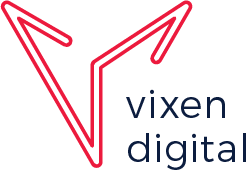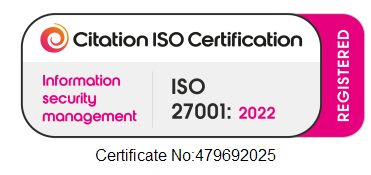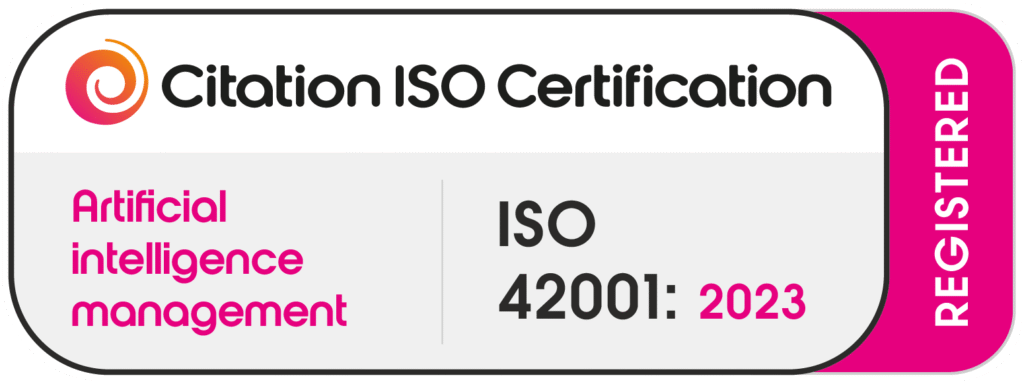In Episode 23 of SEOs Getting Coffee, hosts Sean Carroll and Emina Demiri-Watson welcomed Jo Juliana Turnbull to share her insights on Emotional Intelligence (EQ) and discuss why EQ is important at work and in SEO.
Jo Juliana Turnbull, also known as SEO Jo Blogs, is a marketing and SEO professional who runs a remote digital marketing agency called Turn Global. She is also the organiser of Search London and Search Barcelona.
This episode explores how applying emotional intelligence can improve our leadership, SEO skills, and overall professionalism.
Let’s dive in.
Watch Video
SEOs Getting Coffee - Episode #23: Why EQ is Important at Work and in SEO
Understanding Emotional Intelligence (EQ)
Jo begins by defining EQ, also known as emotional intelligence, as the ability to manage one’s own emotions and understand the emotions of others. She credits psychologists Peter Salovey and John D. Mayer for coining the term in 1990 and highlights Daniel Goleman’s work, which revolutionised the perception of intelligence by emphasising the importance of EQ alongside IQ.
She outlines five primary components of EQ:
- Self-awareness: Understanding one’s emotions.
- Self-regulation: Managing emotions and pausing before reacting.
- Motivation: Having an internal drive that doesn’t rely solely on external validation.
- Empathy: Recognizing and understanding others’ feelings.
- Social Skills: Building and maintaining healthy relationships.
The Role of EQ in SEO
Jo explains that in the fast-evolving field of SEO, having high emotional intelligence is crucial. She discusses the issue of SEO silos and the importance of emotional intelligence in overcoming them. By leveraging emotional intelligence, SEO professionals can better understand and manage their own emotions, as well as those of their colleagues. This helps in building rapport and fostering better interdepartmental relationships, ultimately leading to more cohesive and successful SEO strategies. Emotional intelligence facilitates improved communication and teamwork, which are crucial for breaking down these silos and enhancing the collaborative efforts necessary for effective SEO.
EQ and Algorithm Updates
Emina brings up the challenge of dealing with constant algorithm updates in SEO, stressing the need for EQ to manage the stress and communicate effectively with clients. Jo agrees, emphasising that self-awareness and self-regulation help SEOs remain calm and composed when faced with unexpected changes, allowing them to provide thoughtful and measured responses. She elaborates on the importance of taking a step back and planning a measured response rather than reacting impulsively to new information about algorithm updates.
Jo highlights that algorithm updates can often trigger immediate reactions from clients, particularly if they notice sudden changes in their website’s performance. She stresses the importance of SEOs being able to pause and control their initial emotional responses. This allows them to assess the situation accurately and provide a well-thought-out plan of action. Jo explains that the ability to manage one’s own emotions and understand the concerns of clients is critical in these scenarios.
Furthermore, Jo points out that understanding and empathizing with clients’ concerns can strengthen client relationships. When an SEO professional can communicate calmly and confidently about an update’s implications, it builds trust. Clients appreciate when their SEO expert can explain the situation clearly and provide a strategic plan to address any negative impacts. This level of communication and reassurance is grounded in high emotional intelligence.
Emina adds that dealing with the frequent changes in SEO requires both IQ and EQ. While technical knowledge is essential, the ability to manage stress, communicate effectively, and maintain a positive relationship with clients is equally important. Jo agrees and underscores that EQ elements like empathy and social skills are vital for navigating the emotional rollercoaster of algorithm updates. By understanding and managing their own emotions, SEOs can better support their clients through these changes.
Instant Messaging and Communication
Sean raises an interesting point about the impact of instant messaging tools like Slack on emotional management. Jo notes that while these tools are convenient, they can lead to misunderstandings due to the lack of non-verbal cues. She advises taking a pause before responding to ensure that messages are clear and composed.
Leadership and EQ
Emina and Jo discuss the importance of EQ in leadership, noting that leaders with high emotional intelligence can foster better work environments, reduce employee turnover, and enhance overall team performance. Jo shares a personal experience where a lack of EQ in leadership prompted her to implement a newsletter to improve communication and manage client expectations more effectively.
Measuring and Developing EQ
Jo suggests reading Daniel Goleman’s book “Emotional Intelligence: Why It Can Matter More Than IQ” and taking online EQ tests on platforms like MindTools, Psychology Today, and MyFrameworks. She emphasises that while IQ is often seen as static, EQ can be developed over time through self-awareness and practice.
Gender Differences in Emotional Intelligence
The discussion touches on research suggesting that women generally have higher EQ than men. Jo and Emina explore the implications of this in an industry where women are underrepresented. They argue that the undervaluing of EQ skills might contribute to this discrepancy and advocate for greater recognition of the importance of emotional intelligence in professional settings.
For more insights and in-depth conversations on the latest in SEO and digital marketing strategies, stay stuned for upcoming episodes of “SEOs Getting Coffee.” Subscribe to our channel for regular updates and expert opinions.
Connect with SEO Jo Blogs

SEO and Marketing Consultant in Finance, Fintech & SaaS | CEO of Turn Global











